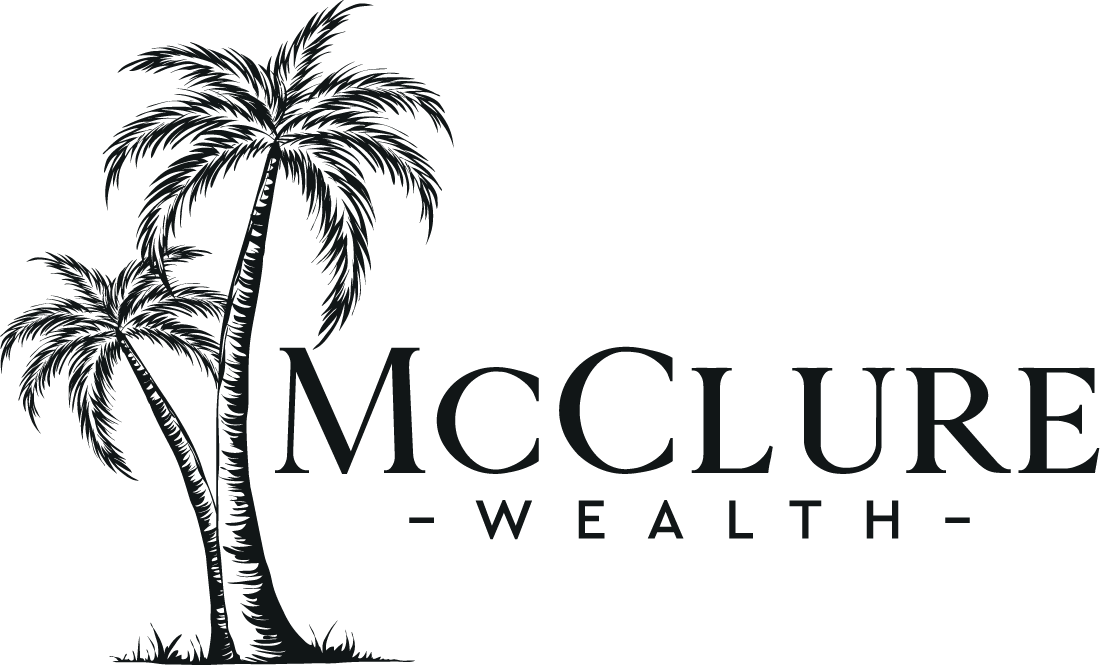By Ed McClure, CFP®, PPC®
If you have a 401(k), you may find yourself needing to access some of the cash before retirement to cover short-term needs. In order to make an early withdrawal, you’ll likely only have access to a 401(k) through a past employer (many plans don’t allow in-service withdrawals). And, an early withdrawal will incur a 10% penalty in addition to taxes on the cash, which will be due the year you make the withdrawal. Perhaps a better option is taking a loan against your 401(k). Let’s discuss:
How a 401(k) Loan Works
You can borrow a maximum of $50,000 from your 401(k), or 50% of the vested balance, whichever is less. If the vested balance of your 401(k) is less than $10,000, you can legally take a loan against the full vested balance. (1)
401(k) loans have to be paid back within five years with interest, but since you are borrowing money from yourself, the interest is coming back to you. Unlike a loan from a bank or other lender, there is no impact on your credit score. You don’t even need to “apply” for the loan because the money is yours. And, 401(k) loans can be repaid through payroll deduction—or you can repay the loan more quickly, if desired.
What Happens if You Leave Your Job?
Should you leave your job with a 401(k) loan outstanding, you may be required to repay the loan in full. If you quickly find a new job, you might be able to roll the money into your new plan, if the new plan allows it. But if you fail to repay the loan or move the funds in a timely manner, the outstanding balance will be taxed and assessed a 10% penalty.
The True Cost of a 401(k) Loan
When you borrow against your 401(k), you miss out on any gains from the amount of money still outstanding as a loan. For simplicity’s sake, let’s say that all of your 401(k) is invested in ABC Fund and the fund is yielding an average 7% per year. For the length of time that you have a loan outstanding, you are losing the benefit of that 7% return. Your actual cost will be some amount higher or lower than the average, depending on how your portfolio fund performs while your loan is outstanding. When you take out a 401(k) loan, you have to specify which portfolio fund(s) to pull the money out of.
How Interest Works
Interest is typically 1% to 2% above the prime rate. For a $20,000 loan at 5.2% (based on the current prime rate of 3.25% at the time of this writing) paid back over 5 years, you would make 60 payments of $379.72 each. The total interest you would pay back to yourself is $2,783.20 over 5 years. When you pay yourself interest on a 401(k) loan, you don’t get a tax deduction for the interest, but eventually, you will be taxed on all of the money when you make withdrawals at retirement. In the scenario above, your payments of $379.72 are post-tax deductions.
Does a 401(k) Loan Make Sense?
Like anything else, there’s no black-and-white answer, but generally, I recommend that people only consider a 401(k) loan as a last resort. It’s better than credit card debt or taking out a high-interest personal loan or payday loan. But the missed gains can be significant, especially if your portfolio fund has a really good year. I’ve also seen situations where people lose their jobs and end up with no way to avoid the taxes and 10% penalty because they couldn’t pay the loan back. The reason why you lost your job doesn’t matter.
Keep in mind, your 401(k) plan may have additional restrictions on retirement plan loans beyond what’s outlined here, so you’ll need to consult your plan administrator to find out what you are allowed to do. Or better yet, give me a call at (760) 607-0611 or email [email protected] to set up a consultation. I’m happy to look at all of your options with you.
About Ed
Ed McClure is a CERTIFIED FINANCIAL PLANNER™ practitioner, Professional Plan Consultant® (PPC®), and founder of McClure Wealth Management. With over 25 years of experience, Ed works with business owners who want to maximize their retirement plan benefits, businesses that need help setting up and managing a 401(k) for their employees, and families who want guidance while planning their futures. He is known for simplifying complicated and intimidating topics and making wealth management concepts easy for others to remember and understand.
Ed has established himself as a trusted resource for business owners and individuals, and his mission is to help his clients achieve the financial independence and well-being they deserve so they can give their time and energy to the people and things they love. He has a bachelor’s degree in finance from the University of Illinois. In his spare time, Ed conducts financial workshops for the Just In Time for Foster Youth organization, which helps equip young men and women as they come out of the foster care system. He also loves to travel and spend time with his favorite people. To learn more about Ed, connect with him on LinkedIn.
_____________
(1) https://www.irs.gov/retirement-plans/plan-participant-employee/retirement-topics-loans





